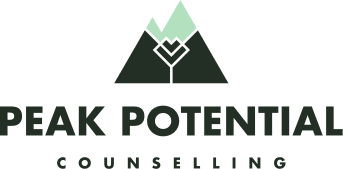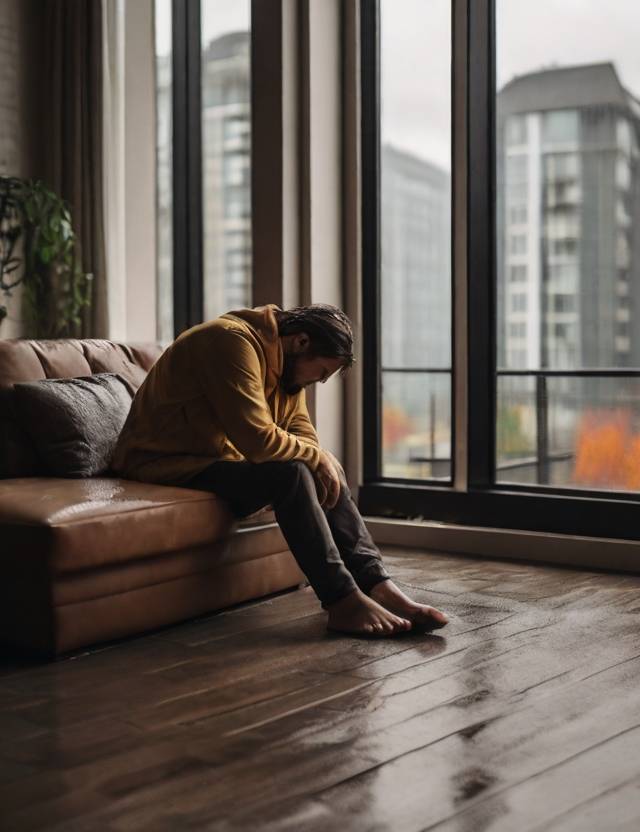Ever find yourself feeling like you’re drifting through life without a clear direction? Maybe you’ve hit a point where nothing seems to be working out, or you can’t shake the sense that something’s missing. It’s normal to feel lost sometimes, especially when life throws curveballs your way. But you don’t have to navigate this alone.
Individual counselling can be a great way to rediscover your path, understand what’s holding you back, and help you find a new purpose and direction. Let’s explore how counselling can help you move from feeling stuck to seeing a more straightforward way forward in Vancouver.
Understanding Why You Feel Lost
Feeling lost can have many different sources. It might be due to a significant life change—like a career shift, a relationship ending, or moving to a new city. Sometimes, it results from ongoing stress, burnout, or feeling disconnected from who you are.
Other times, it can come from a more profound sense of lacking fulfillment or direction in life. Whatever the cause, feeling lost can leave you drained, unmotivated, and unsure about what to do next. That’s where counselling comes in.
How Individual Counselling Can Help You Find Direction
Individual counselling is more than just talking about your feelings—it’s about gaining insight, developing self-awareness, and finding actionable steps to move forward. Here’s how it can help:
- Exploring Your Values and Beliefs: A counsellor can help you explore what truly matters. What are your core values, passions, and beliefs? Understanding these can provide a foundation for decision-making and help you align your actions with what feels right.
- Identifying Roadblocks: Sometimes, we feel lost because of internal or external roadblocks we may not even be fully aware of. A counsellor can help you uncover these obstacles—whether self-doubt, fear of failure, or unhelpful habits—and work through them.
- Clarifying Your Goals: Setting realistic goals is critical to finding direction. In counselling, you can work with your therapist to break down what you want to achieve, whether personal, professional, or emotional growth and create a roadmap.
- Learning New Coping Strategies: Feeling lost can often lead to anxiety, stress, or even depression. Counselling offers tools and techniques to manage these emotions more effectively, helping you stay grounded and focused on your journey.
- Building Self-Confidence: Losing confidence in yourself is easy when unsure of your path. Counselling can help you reconnect with your strengths and build the self-belief needed to pursue new opportunities or make life changes.
- Rediscovering Your Passions and Interests: Life’s demands can sometimes cause us to lose touch with what makes us feel alive. Counselling provides a space to explore or rediscover hobbies, passions, and interests that bring joy and meaning to your life.
The Counselling Journey: What to Expect
Starting counselling can feel daunting, especially if it’s your first time. But it’s important to remember that it’s a collaborative process. You and your counsellor will work together to explore your feelings, identify patterns, and set goals. Sessions are a safe space to be honest and vulnerable and explore the thoughts and emotions holding you back.
In Vancouver, there are many approaches to individual counselling, including Cognitive Behavioural Therapy (CBT), mindfulness-based practices, and solution-focused therapy, all aimed at helping you find clarity and purpose.
Tips for Getting the Most Out of Counselling
- Be Open and Honest: The more open you are with your counsellor, the more they can help you. Don’t be afraid to share your fears, uncertainties, or what you hope to get out of the process.
- Stay Committed to the Process: Counselling isn’t a quick fix. It takes time, patience, and commitment. Regular sessions and proactively implementing what you learn can lead to meaningful changes.
- Set Realistic Expectations: Understand that finding direction and purpose is a journey. Counselling can guide you, but it’s up to you to take the steps.
- Reflect Between Sessions: Reflect on what you discuss during sessions. Journaling, meditation, or quiet contemplation can help solidify new insights and ideas.
Conclusion
Feeling lost doesn’t have to be a permanent state. You can rediscover what truly matters and find a fulfilling and purposeful path with proper support. Individual counselling offers a space to explore, grow, and take actionable steps toward the life you want to lead. At Peak Potential Counselling, we’re here to walk beside you on that journey, helping you find clarity, build confidence, and navigate life’s uncertainties more easily.




